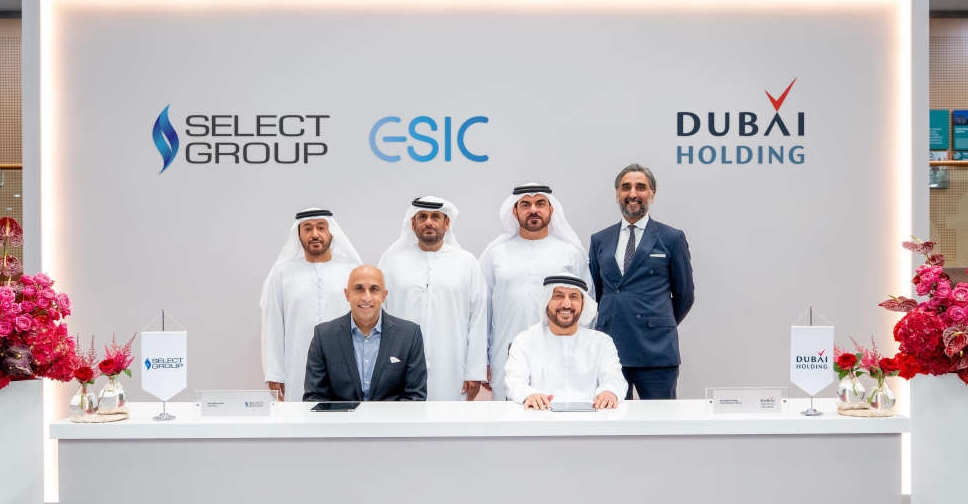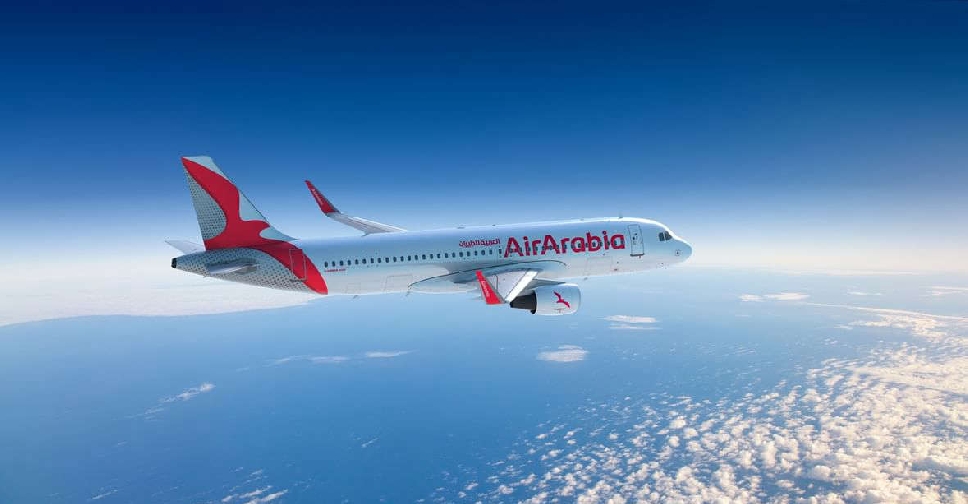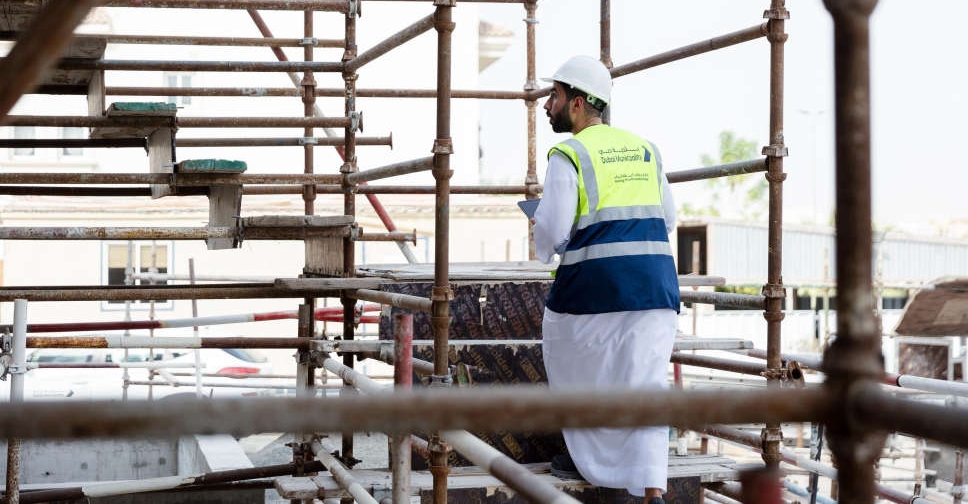
Abu Dhabi stocks posted their longest losing streak since October amid a slump in trading across Gulf Arab equity markets as investors held out for more than a $1 billion worth of rights issues. The ADX General Index fell 1.1 percent, declining for the sixth straight day. Emirates Telecommunications Group Co., or Etisalat, the largest phone company in the Middle East, led the retreat with a 2.6 percent drop. Traders exchanged shares in about a third of companies on the gauge. The Bloomberg GCC 200 Index slipped for a third day, with volumes on the main gauges in the six-nation Gulf Cooperation Council languishing at less than half the 20-day average. At least seven Gulf companies, including Dubai Islamic Bank PJSC and Dubai Parks & Resorts PJSC, plan share offerings that will raise a combined $1.1 billion, according to data compiled by Bloomberg. The decline in trading that is typical in the lead-up to the month of Ramadan, when many Muslims fast all day and work reduced hours, is this year being compounded by speculation that U.S. policy makers will increase interest rates next month, fueling a selloff of emerging-market assets. “Investors are staying on the sidelines,” said Nabil Farhat, an Abu Dhabi-based partner at Al Fajr Securities LLC. “There are several rights issues going on, then you have Ramadan followed by summer, when liquidity is seasonally weak. Then you have uncertainty over Federal Reserve rate increases.” Saudi Bond Sale Saudi Arabia’s Tadawul All Share Index slipped 1 percent, falling for a third day and taking its loss this year to 4.1 percent. The kingdom is preparing to sell its first bonds in the international capital market as it seeks foreign financing to plug its budget deficit, and has invited banks to pitch for the deal, according to three people familiar with the plans. Al Yamamah Steel Industries Co., the Riyadh-based manufacturing company, rose 3.6 percent on its trading debut in the kingdom. Saudi Basic Industries Corp., one of the world’s largest petrochemicals manufacturers, slipped 0.9 percent. In a joint statement Sabic, as the company is known, and Saudi Aramco said they have no plans to pursue a merger of their petrochemicals businesses. Dubai’s DFM General Index decreased 0.7 percent, sending its 14-day relative strength index to 29. A level below 30 is a signal to some technical analysts that a measure has fallen too fast and may be poised to reverse. Dubai Islamic Bank was unchanged, and Dubai Parks & Resorts added 1.6 percent. Oman’s MSM 30 Index bucked the selloff, ending little changed. The nation’s credit rating was affirmed by S&P Global Ratings at the weekend, though the company said the government has relatively limited room for additional spending cuts. Kuwaiti Dividend Bahrain’s BB All Share Index was also little changed and Qatar’s QE Index declined 1.8 percent. Kuwait’s SE Price Index slipped 0.1 percent in a third day of declines. Still, Human Soft Holding Co. added 5.7 percent to the highest level since September. The company is amending its dividend to 115 fils per share from 25 fils, according to a statement to the stock exchange after trading. The education firm has surged since it failed in a bid to delist its shares. Egyptian Jet Outside of the GCC, Egypt’s EGX 30 Index erased gains of as much as 0.7 percent to close 0.1 percent lower. Traded volume of gauge members was 43 percent less than the 20-day average. Commercial International Bank Egypt was the biggest contributor to the drop, slipping 0.9 percent. The declines follow a slump on Thursday after the crash of an EgyptAir flight returning to Cairo from Paris. A preliminary report on the incident will be ready in one month, state-run Al Ahram newspaper reported. Egypt is already suffering from a hard currency shortage in part due to its tourism industry struggling in the aftermath of the bombing of a Russian passenger plane over Sinai last year. (By Samuel Potter and Sharon Wrobel/Bloomberg)



 Dubai Holding, Select Group to collaborate on two new developments
Dubai Holding, Select Group to collaborate on two new developments
 Air Arabia to resume Sharjah–Damascus flights
Air Arabia to resume Sharjah–Damascus flights
 Emirates Reit reports strong Q1 2025 with 24% rise in property income
Emirates Reit reports strong Q1 2025 with 24% rise in property income
 Dubai Municipality suspends two consultancy firms
Dubai Municipality suspends two consultancy firms



